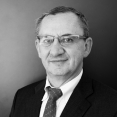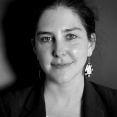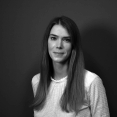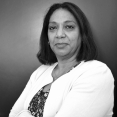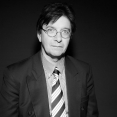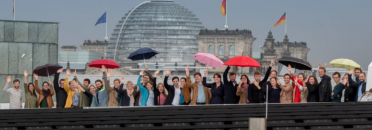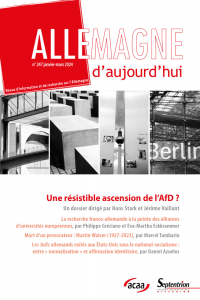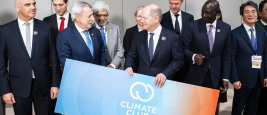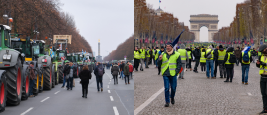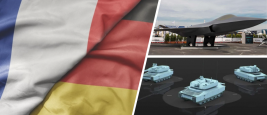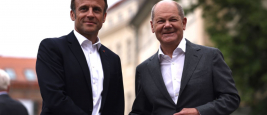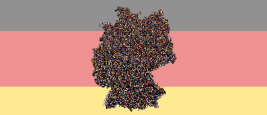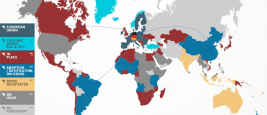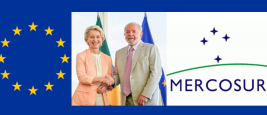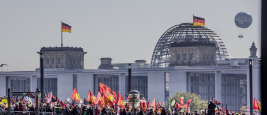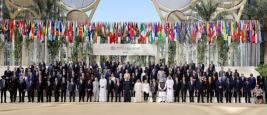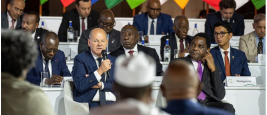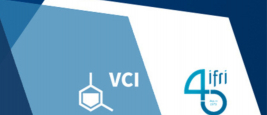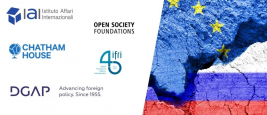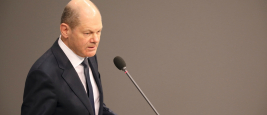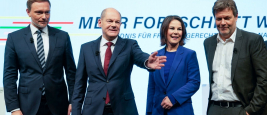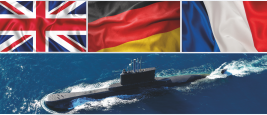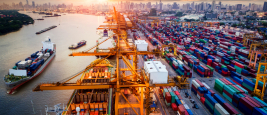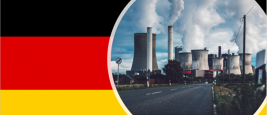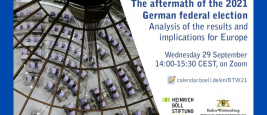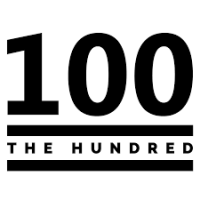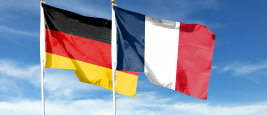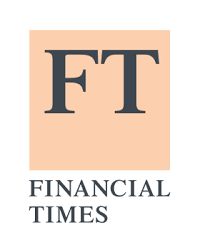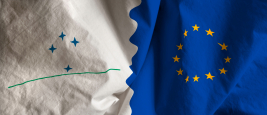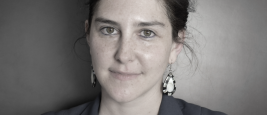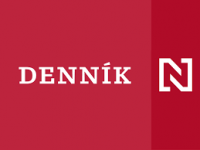The Alternative for Germany (AfD) was formed in 2013 in the context of the currency crisis as an “alternative” to the Merkel government’s policy of rescuing the euro. Since then, the party’s platforms for the European elections in 2014, 2019 and 2024 have become increasingly radical.

Germany (Cerfa)
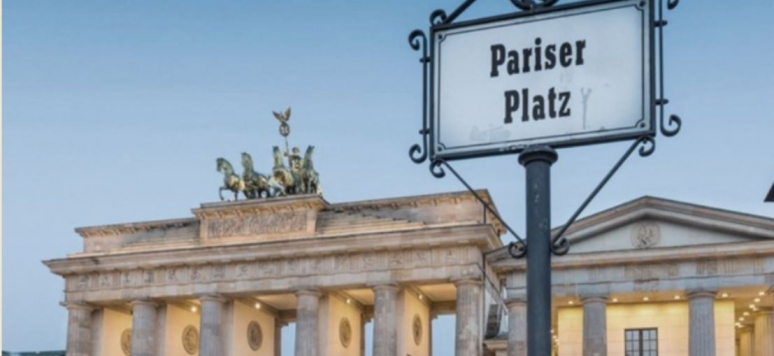
The Study Committee on Franco-German Relations (Cerfa) was founded by an intergovernmental treaty between the Federal Republic of Germany and the French Republic in 1954. It has analyzed relations between the two countries for over 60 years. The Cerfa engages in a wide range of activities. It promotes the Franco-German debate and policy-oriented research through conferences and seminars that bring together experts, policy-makers, decision-makers and civil society representatives of both countries.
The Cerfa publishes regularly books reflecting on the current state of Franco-German relations and two research note series – Notes du Cerfa and Visions franco-allemandes – that target primarily French decision-makers, with the aim of elucidating political, economic and social evolutions in contemporary Germany, and closely following current developments in Franco-German relations.
The Cerfa maintains close relations with the network of German foundations and think-tanks, including the Konrad Adenauer Foundation, Friedrich Ebert Foundation, Heinrich Böll Foundation, German Council on Foreign Relations (DGAP), Genshagen Foundation, French-German Institute (DFI), and German Institute for International and Security Affairs (SWP).
Through its successive interactive and ad hoc cooperation programs, the Cerfa promotes the emergence of a new Franco-German generation:
- In the year 2021, the Cerfa started a Program on Multilateralism with the Konrad Adenauer Foundation in Paris. This program aims at creating a Franco-German network bringing together young professionals interested in the topic of multilateralism in the context of their work. It consists in working sessions based on briefings and workshops with selected experts and practitioners covering a broad range of issues relating to multilateralism, such as international trade, health, human rights and migration, non-proliferation and disarmament.
Previous initiatives:
- The Franco-German Future Dialogue co-organized by the Cerfa together with the DGAP and with the support of the Bosch Foundation aimed at creating a new Franco-German generation by developing exchanges and debates between French and German young professionals and PhD students.
- The Daniel Vernet Group (formerly the Franco-German group of reflection) had been founded in the Fall of the year 2014 at the initiative of the Genshagen Foundation.
Secretary General of the Study Committee on Franco-German Relations (Cerfa)
...Research Fellow, Study Committee on Franco-German Relations (Cerfa)
...Research Fellow, Study Committee on Franco-German Relations (Cerfa)
...Assistante
Counselor on Franco-German relations at Ifri
...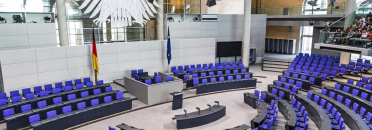
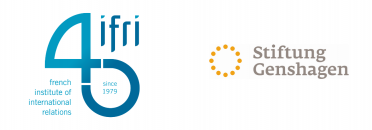
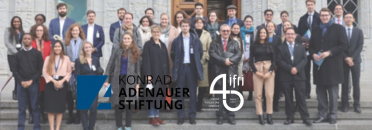

With the war in Ukraine, Germany’s “traffic light” coalition government has had to adapt its climate policy to the upheavals caused by this war, which has turned its economic, energy, and military model upside down. Against a backdrop of high energy costs and increasing calls for reshoring in...
The influence of different protest cultures on democracy in Germany and France is complex. The protest takes various forms, serves as political representation, and contributes to the formation of political opinion.
Influences and developments within German agricultural policy have undergone significant transformations over the past 70 years, especially in the context of the dynamic Franco-German relations and the pivotal role both nations play in shaping the European Union’s Common Agricultural Policy ...
The FCAS (Future Combat Air System) and the MGCS (Main Ground Combat System) represent the latest chapter in a more than seven decades-long history of Franco-German defense co-operation.
As the doors of the illustrious Hôtel Beauharnais on Rue de Lille 78 swung open on the evening of 4 October, and the masses streamed into the German Embassy in Paris to celebrate German Unity Day, the reports of the currently strained state of Franco-German relations seemed...
The debate about labor shortages has been long dominating the German public debate. It has been pushed to the agenda again in the context of recent reforms in migration policy. Paradoxically, Germany boasts a robust population size, a significant labor force, and a notably larger proportion of...
As one of the most successful trading blocs, the European Union (EU) sees itself confronted with the erosion of the global rules-based trading system and trade becoming increasingly weaponized.
The EU-Mercosur trade deal was believed to be heading toward the finish. The election of Luiz Inácio Lula da Silva as the president of Brazil, as successor to the right-wing populist Jair Bolsonaro, and the Spanish presidency of the European Union (EU), raised hopes for its conclusion....
The period of peace, economic prosperity, and political stability that Germany has experienced since the end of the Cold War ends with the Ukrainian war. The shock wave of this conflict particularly hit its economy and thereby undermines the foundations on which Germany had based its power,...
Foreign Climate Policy – Fostering Energy Transition and Combatting Climate Change Worldwide Webinar
On December 6, 2023 during the COP28, Germany presented its new Strategy on Climate Foreign Policy. The strategy seeks to build strong partnerships with countries worldwide in the fight against climate change, maintaining biodiversity and securing renewable energy sources.
German and French Africa Policies in a Multipolar World Conférence
As Africa experiences a paradigm shift in its global positioning, characterized by the rise of multiple regional and international actors, it becomes imperative to examine how traditional European powers, such as France and Germany, navigate this transformed landscape.
Reconciling the Green Deal with Europe’s Competitiveness – What Industrial Policy is needed? Videoconferences
Europe has embarked upon a vast process of decarbonizing its economy by 2050. The EU approach to guide this collective transformation within only 30 years is marked – as currently designed – by means of regulatory pressure and a myriad of legislative pieces.
Toward a New European Security Order? Foreign Policy Shifts in Response to Russia’s War on Ukraine Ifri Conferences
Russia’s war on Ukraine has shaken the foundations of Western foreign policy and the multilateral rules-based order. Institutions built to preserve this order – like NATO, the G7, and the EU – have had to rethink their threat assessments and postures. France, Germany, Italy, and the UK have...
How to Implement the “Zeitenwende” in the Field of Defense? Ifri Conferences
Following the Russian invasion of Ukraine, Chancellor Scholz announced a “Zeitenwende” (turning point), whose main goal is to adapt the German foreign and security policy to the new geostrategic context.
What is the Liberal Agenda of the "Traffic Light" Coalition? Franco-German Perspectives Visioconférence
The end of Angela Merkel's term of office marks the beginning of a new political era in Germany. Known for its stability and the longevity of its leaders, German politics will now be dominated by three parties in a so-called "Traffic Light" coalition comprising the Social Democratic Party (SPD...
Europe in the Indopacific – Key challenges for a mutually beneficial partnership in the region Webinar
This conference is intended to discuss the paper “The Dilemma of Middle Powers – How AUKUS Has Reshaped the Potential for E3 Cooperation in the Indo-Pacific“ and to...
How did the coronavirus crisis accelerate the restructuration of global value chains? Webinar
Toward a reshoring of industrial activities in Europe? A study of the Technical University of Munich (TUM München) underlines the global tendency toward a reshoring of activities in the country of origin or the nearshoring in countries lying in its vicinity which would...
Germany's Energy and Climate Policies after the Parliamentary Elections
Germany's September Parliamentary elections opened the way for coalition negotiations that may last until December. Yet first hints at directions and red lines in energy and climate policy can be identified as the country must prepare for an accelerated decarbonisation.
The Aftermath of the 2021 German Federal Election - Analysis of the Results and Implications for Europe Webinar, Heinrich Böll Stiftung Brussels - European Unionsucc
On September 26, 2021, German Federal Elections will be held, and mark the end of the Merkel era. The political equation is likely to be complicated because of the possible combinations and the difficulty for political parties to achieve a stable majority. Important choices are at stake for...
Last month, on a highly anticipated visit to Brazil, French President Emmanuel Macron expressed harsh criticism of the EU-MERCOSUR trade deal. He told a group of businesspeople in São Paulo: “it is a very bad deal, for you and for us.” He also said that the agreement needed to be renegotiated...
Breakdown of continental partnership is a threat to Europe – and could be catastrophic for Ukraine. It was meant to be a patching up of the notoriously fraught Macron-Scholz relationship, a “reset”, to borrow Hillary Clinton’s expression.
As the vital relationship between Franco-German leaders Olaf Scholz and Emmanuel Macron appears “broken”, hopes for a sustainable fix rest on the Weimar Triangle and even the return of an old nemesis.
Allies fret that Franco-German animosity is undermining western unity over Ukraine. Emmanuel Macron will arrive in Berlin on Friday for talks designed to repair a fractured Franco-German relationship marred by caustic public spats and mutual recriminations over the war in Ukraine.
The agreement EU-Mercosur It has been a banner of the recent protest by French farmers, who denounced unfair competition on the part of South Americans. However, if Paris closes the door to this pact, the way will be left clear to China, warn politicians and analysts consulted by EFE...
The two nations have opposing ideas about atomic energy, threatening the EU’s transition away from fossil fuels.
Politics and business can be intertwined in many ways but also conflicting. This is especially the case regarding foreign investments and possible influence by third countries in Europe, for example.
HAMBURG, Germany -- Chinese Premier Li Qiang avoided public clashes on a high-profile visit to Germany and France this week, in what analysts see as a sign of the European nations' reluctance to alienate Beijing.
Faced with the risk of losing investments in the technologies of the future, due to subsidies that its global competitors are pumping into their economies, the European Union is forced to rethink its industrial policy.
...Since the war against Ukraine, France has been on the edge of the European Union, according to an expert on French politics.



